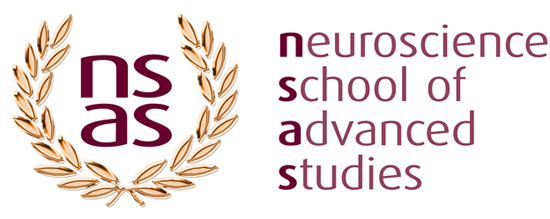Neuroinflammation and Neurodegeneration
September 27 – October 4, 2025
Director: Soyon Hong
UK Dementia Research Institute at University College London
Co-Director: Bart de Strooper
UK Dementia Research Institute at University College London, London, UK & KU Leuven, Belgium
Faculty to be announced shortly
It is becoming increasingly clear that neuroimmune mechanisms critically contribute to neurodegeneration. Neuroglial interactions involving microglia and astrocytes govern proper synaptic function, synchronize clearance of toxic aggregates, and coordinate neuroinflammation. Furthermore, emerging data raise a crucial role for peripheral-central immune crosstalk in neurodegeneration. How immune signalling contributes to region-specific synaptic vulnerability to dysfunction and loss is still unclear. Moreover, therapeutic-wise, there is the grand challenge of balancing the positive and negative consequences of neuroinflammation across ageing and brain borders. Thus, deep insight into how various cells work together to resolve neuroinflammation and mediate neuronal health will be necessary to ultimately change the prognosis of neurodegeneration.
The Faculty will bring leading expertise and insight into neuroimmune mechanisms in neurodegeneration. The Advanced Course will delve into 1) Defining cell type-specific vulnerability (Henne Holstege; Patrik Verstreken), 2) Neuroglial crosstalk at the synapse in health and pathology (Bart De Strooper, Soyon Hong, Baljit Khakh), 3) Immune-immune crosstalk at brain borders including the blood-CSF barrier and perivascular space (Maria Lehtinen, Florent Ginhoux), and 4) Challenges and strategies to target neuroimmune processes in humans (Joseph Lewcock).
Bart De Strooper
Amyloid plaques are one of the defining pathologies in Alzheimer’s disease and trigger a long cellular phase which gradually leads to Tau pathology, neuronal dysfunction, granulovacuolar neurodegeneration and necroptosis of neurons. This neurocentric view of the disease is too narrow. Very early on in the disease, a coordinated astro- and microglia response is observed, which actively modulates the disease process. I will explain how this view is gradually taking centre stage in our thinking about this disorder that affects millions worldwide.
Soyon Hong
Microglia are critical contributors to synapse function and health. One important question is how microglia detect and determine which synapses to eliminate and which ones to spare. Emerging data suggest that microglial cell states, including the synapse phagocytosing ones, are influenced not only by changes in neuronal activity but also by surrounding astrocytes and perivascular macrophages. Further, cell-cell crosstalk influencing synaptic fate can also involve adaptive immune signalling along brain borders. I will discuss various potential modulators of microglia-synapse interactions and the consequences of these processes in disease.
